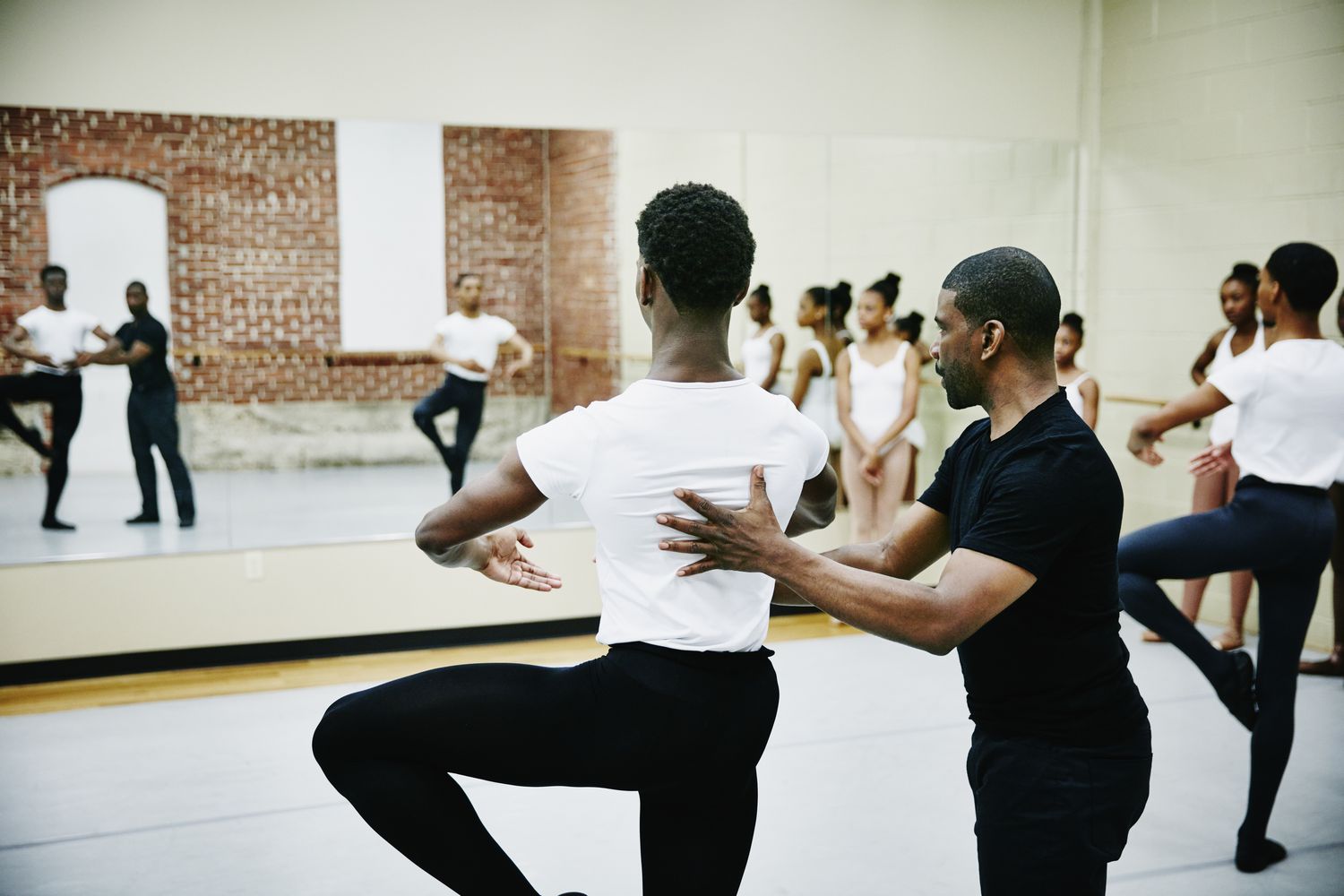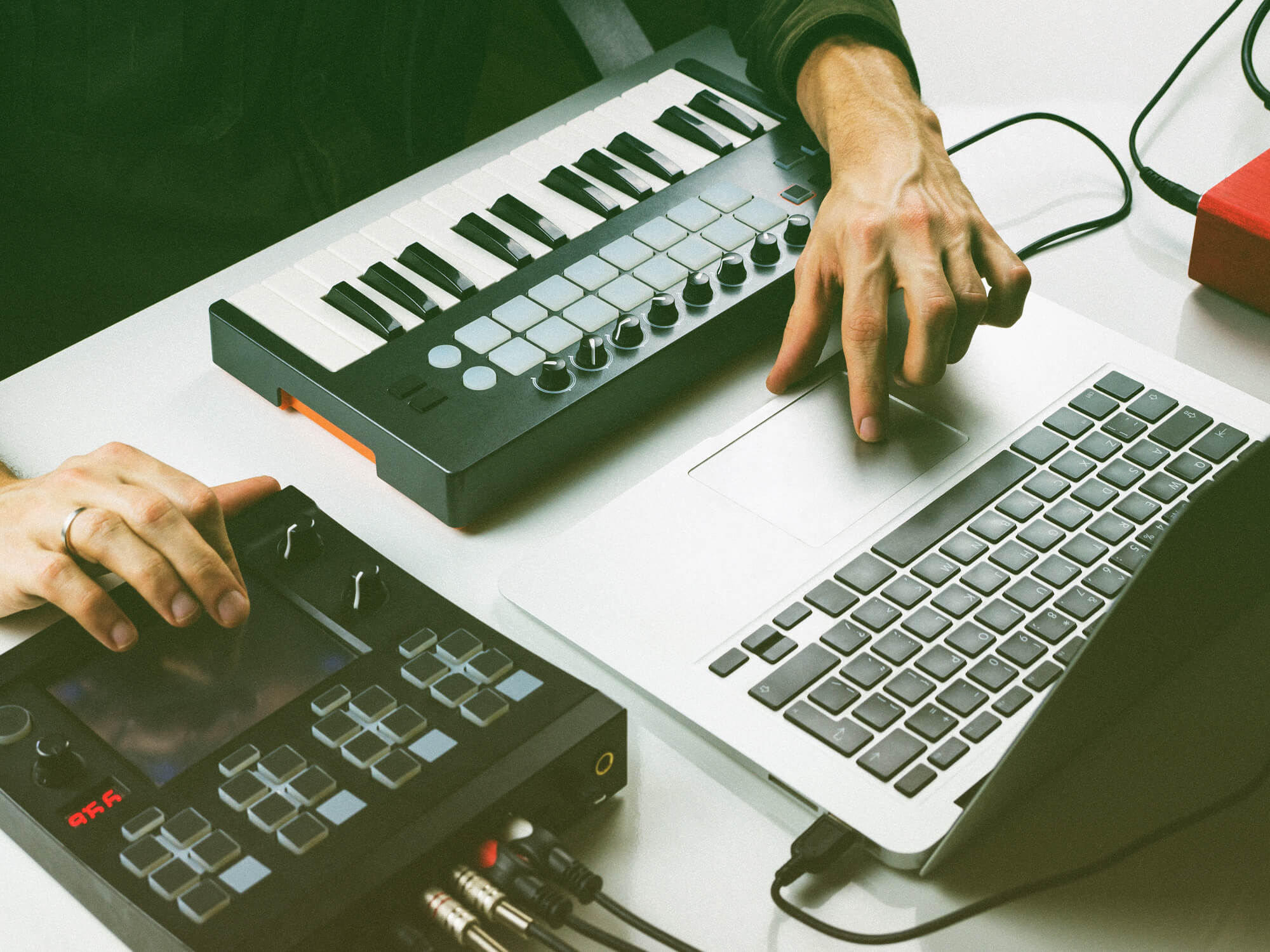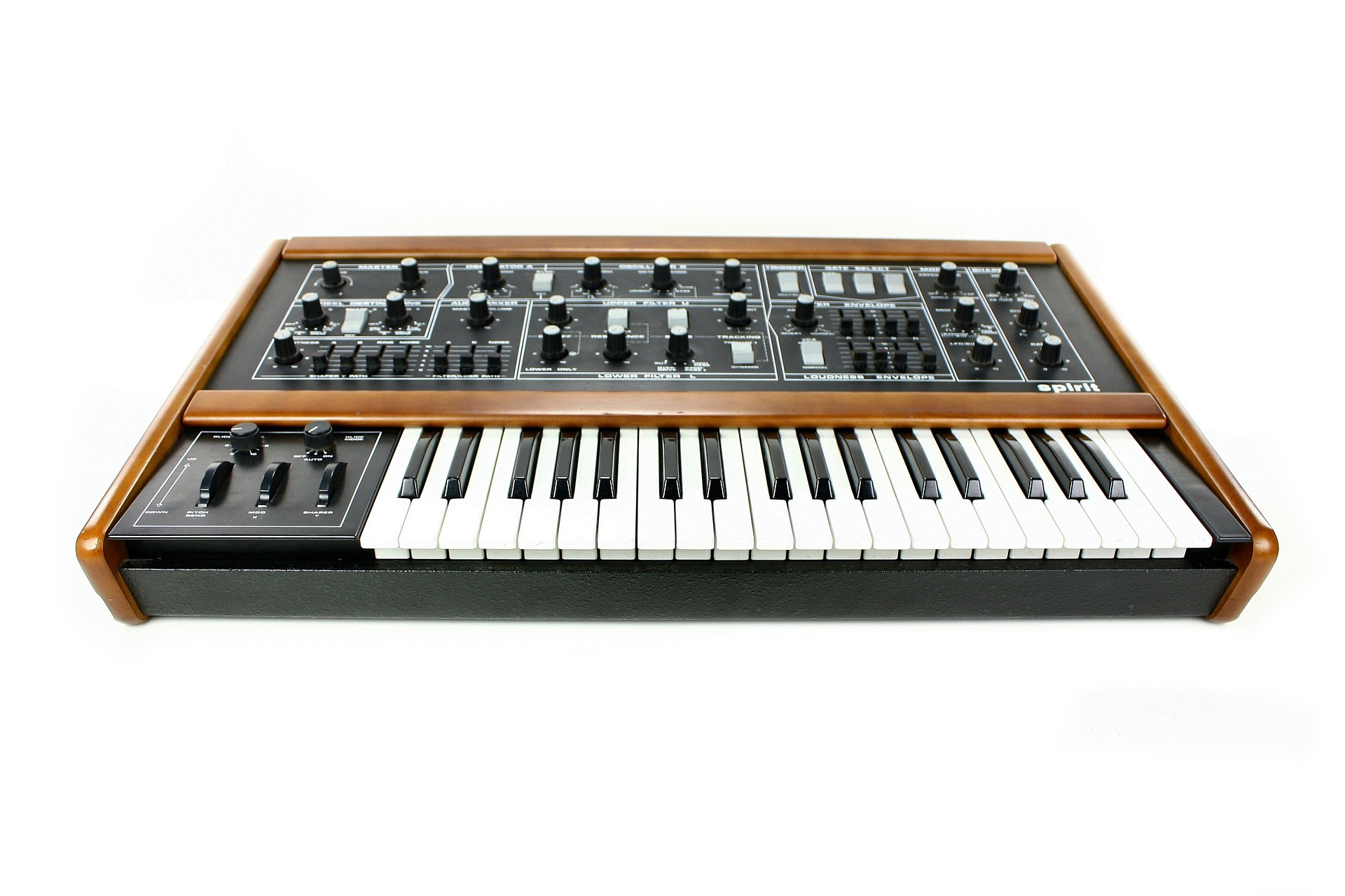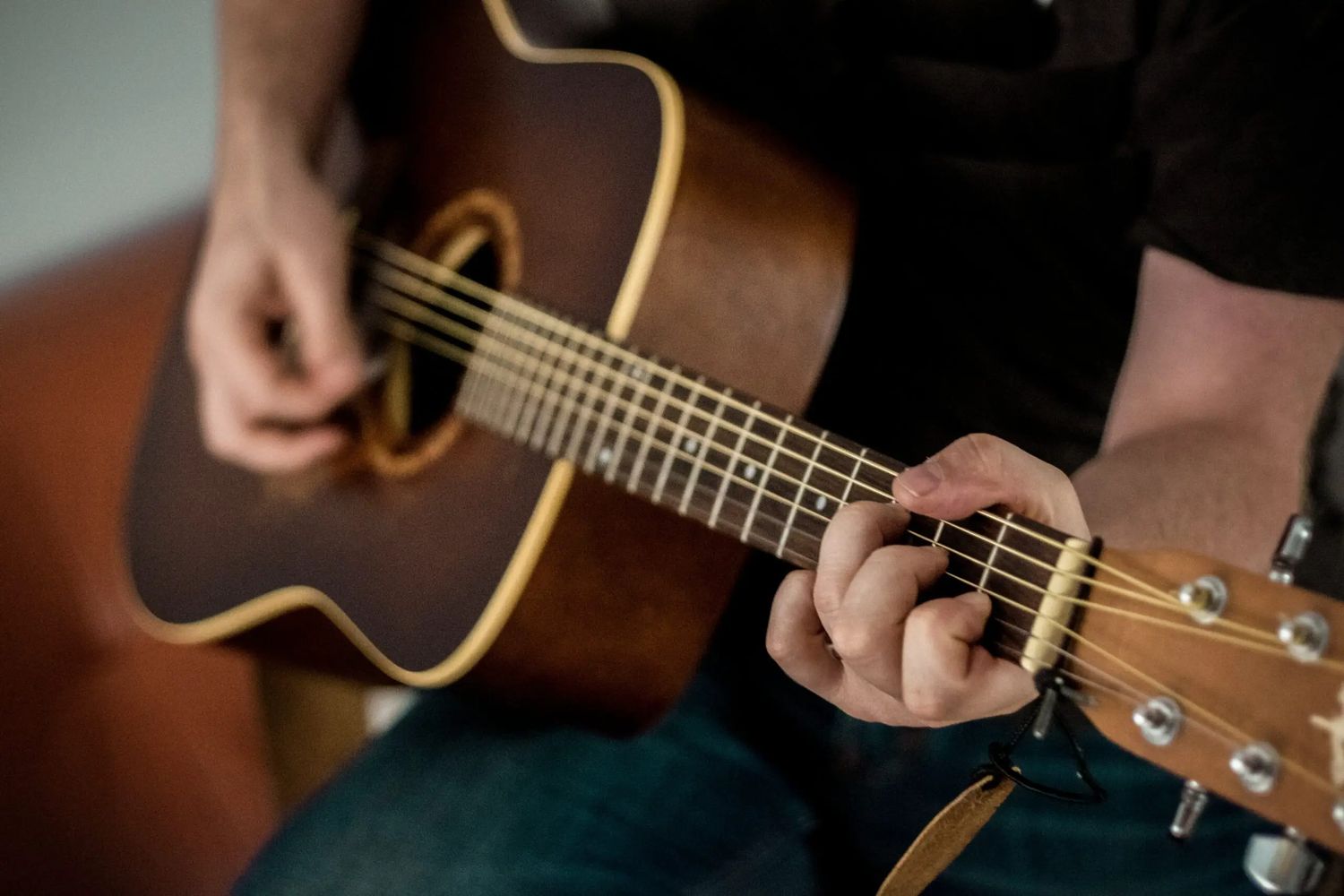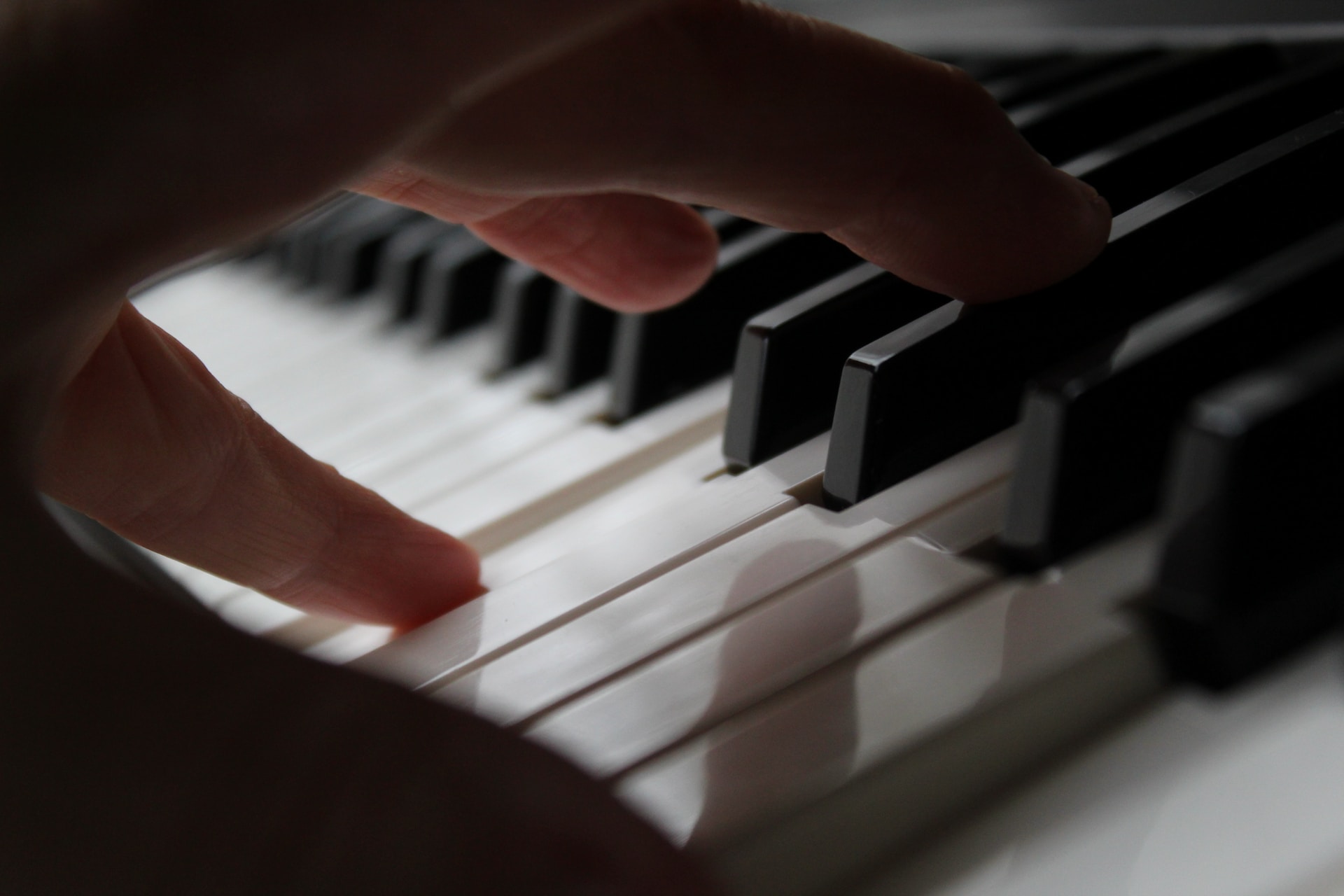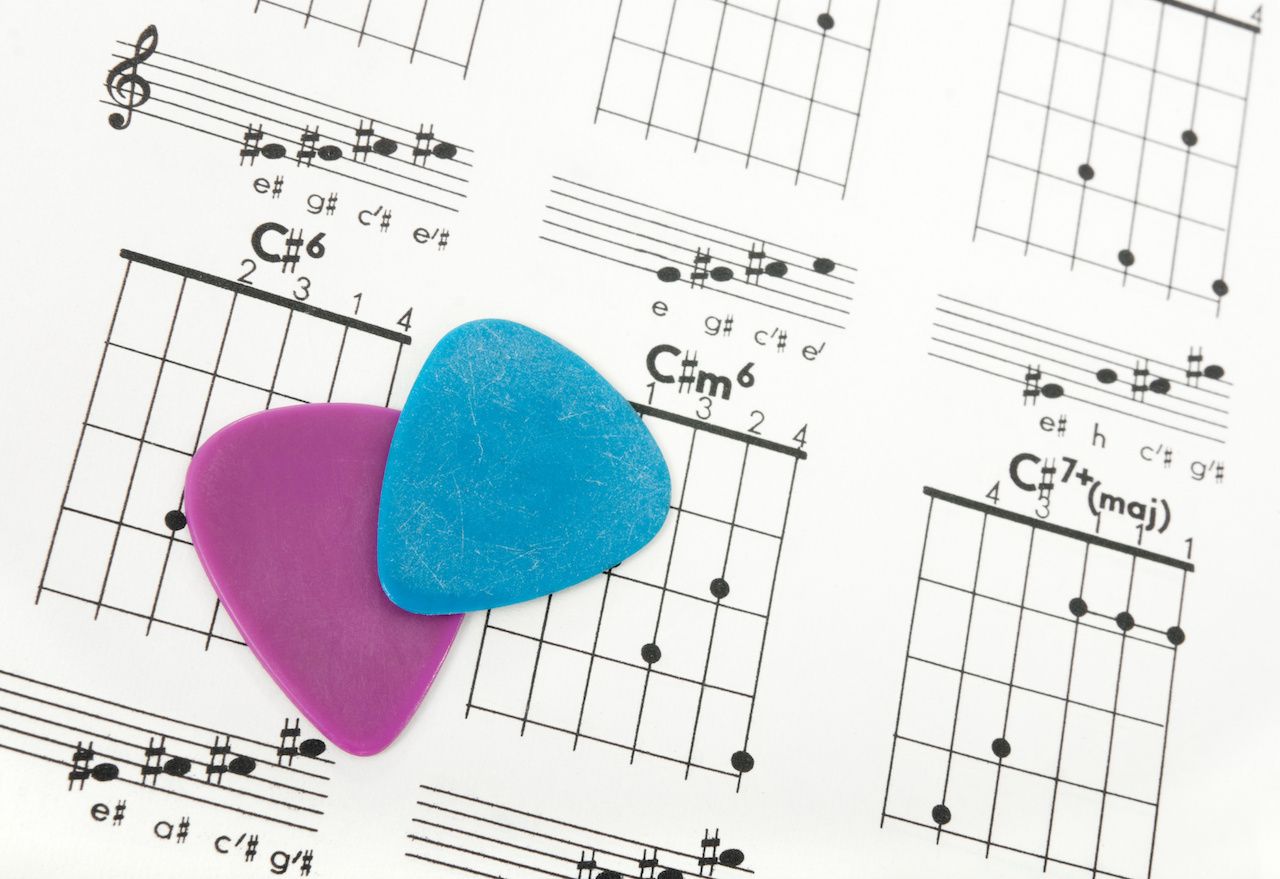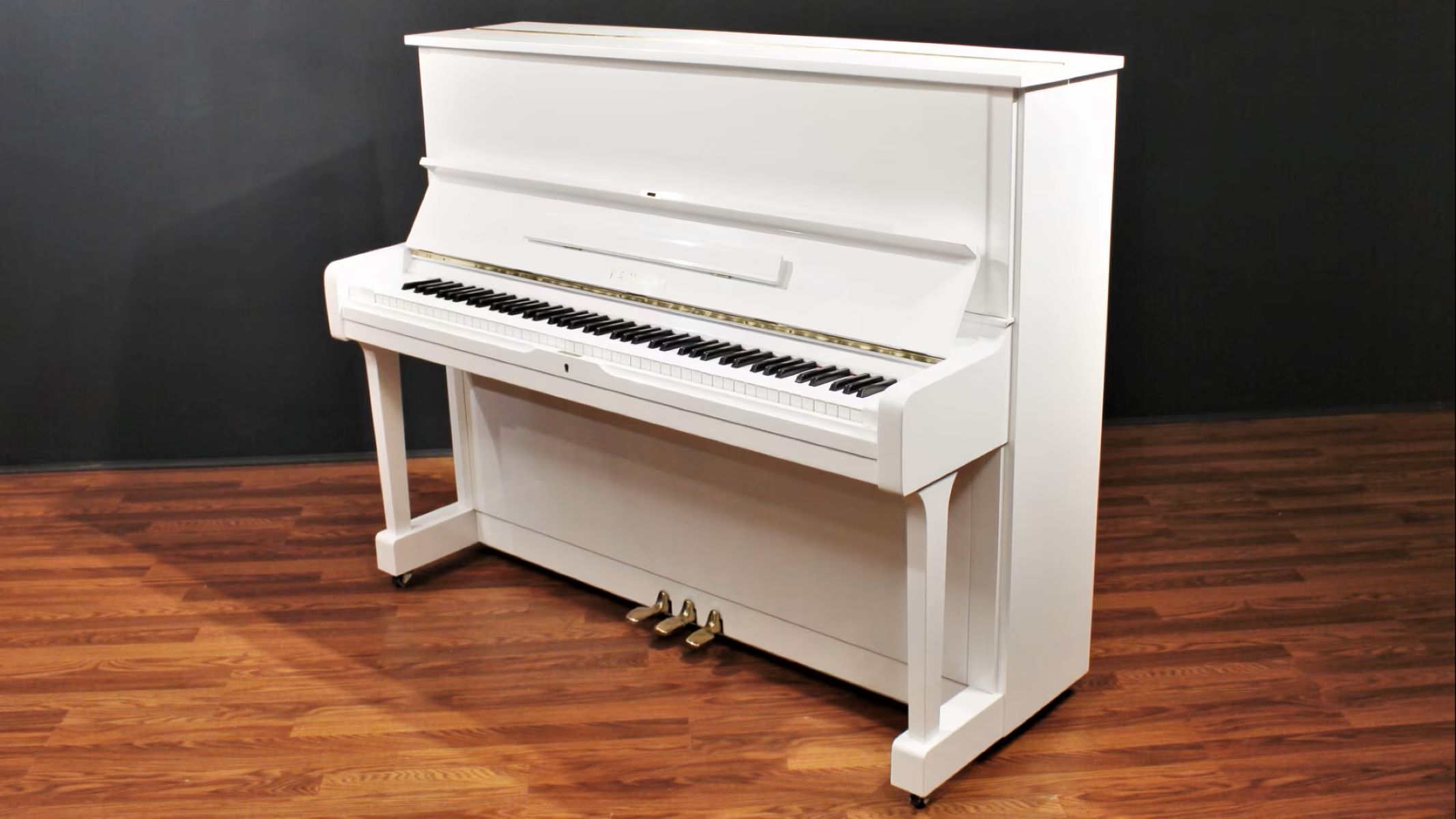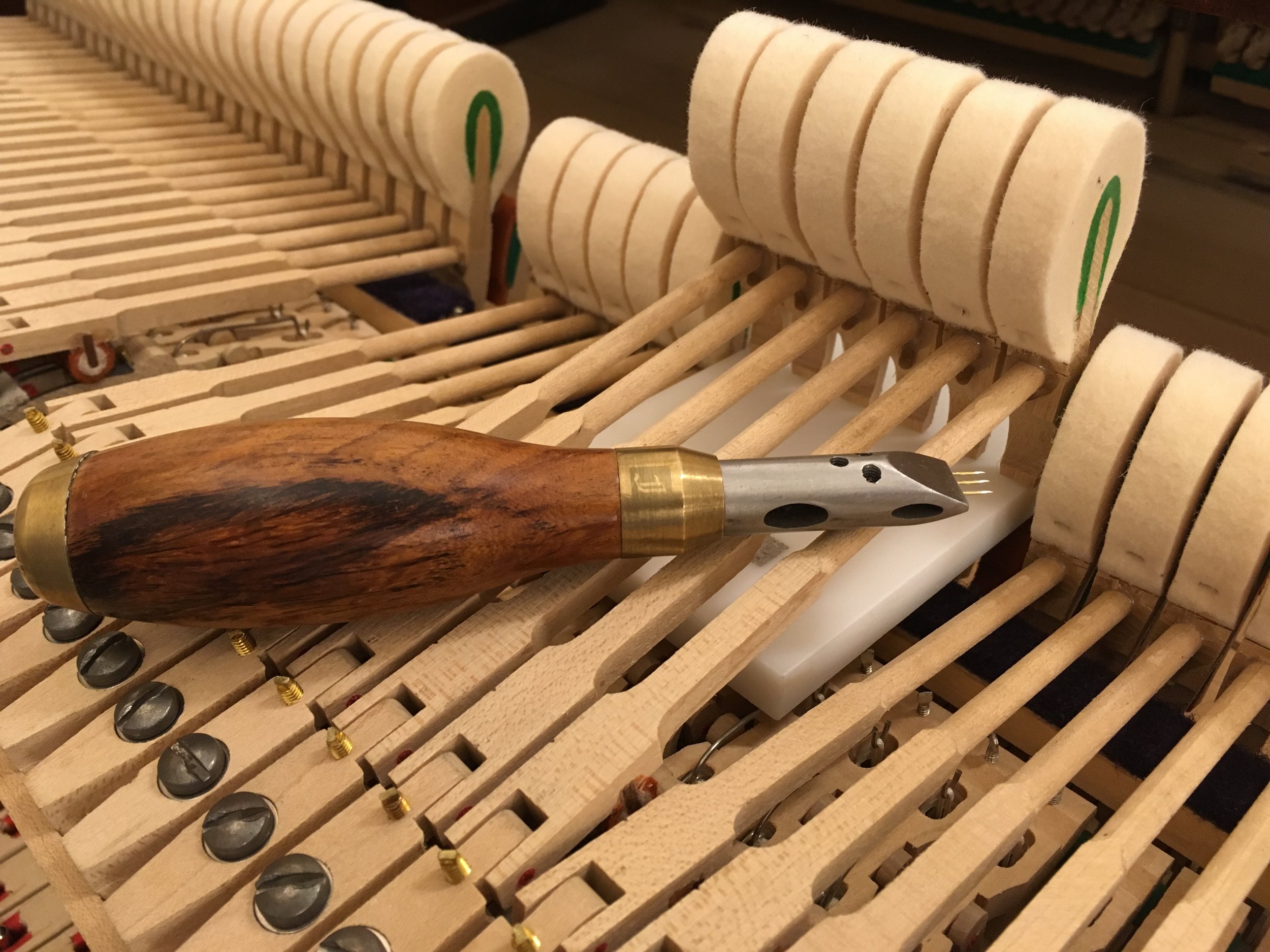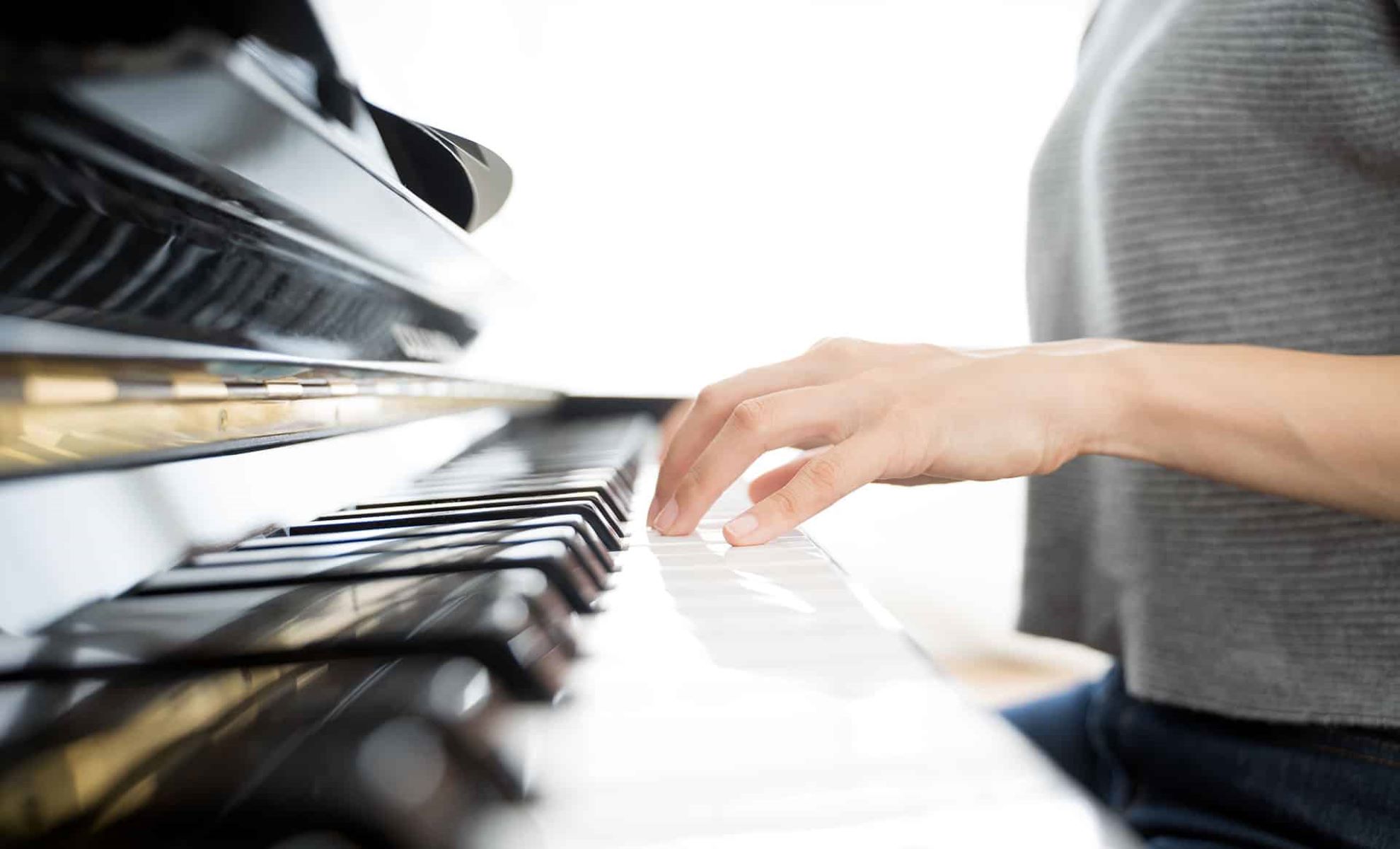Home>Instruments>Piano>What Piano Is Best For Beginners
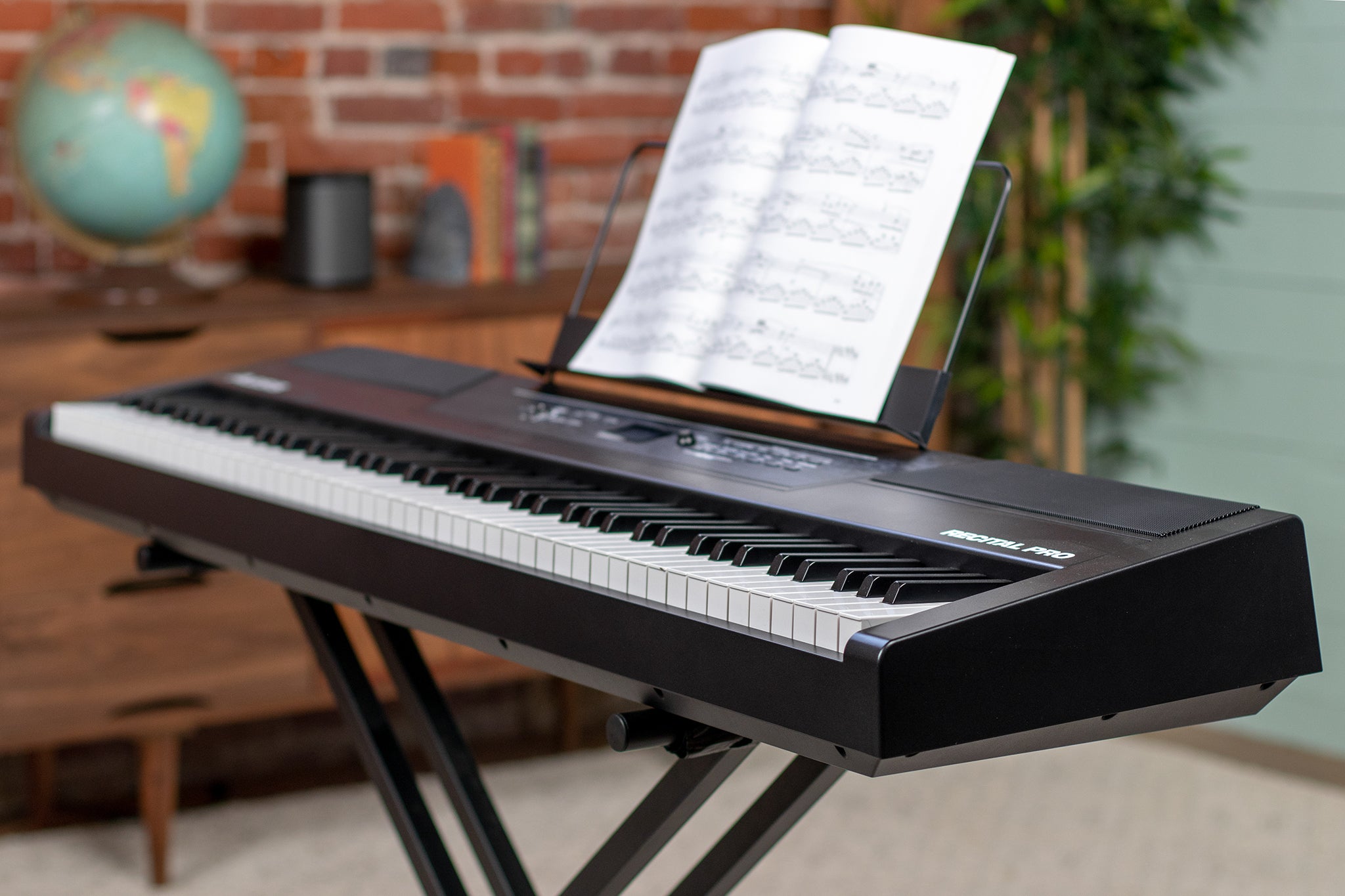

Piano
What Piano Is Best For Beginners
Published: February 12, 2024
Discover the perfect piano for beginners and start your musical journey today. Find the best piano for learning and honing your skills.
(Many of the links in this article redirect to a specific reviewed product. Your purchase of these products through affiliate links helps to generate commission for AudioLover.com, at no extra cost. Learn more)
Table of Contents
Introduction
Introduction
Learning to play the piano is a fulfilling and enriching journey that opens the door to a world of musical expression. For beginners, choosing the right piano is a crucial first step in embarking on this melodic adventure. Whether you dream of mastering classical compositions or desire to compose your own contemporary melodies, selecting the best piano for your needs is essential.
As a beginner, it’s natural to feel overwhelmed by the myriad of piano options available in today’s market. From traditional acoustic pianos to modern digital keyboards, each instrument offers unique features and benefits. Understanding the differences between acoustic and digital pianos, along with key considerations for beginners, can guide you toward making an informed decision that aligns with your musical aspirations.
In this comprehensive guide, we’ll explore the distinctive characteristics of acoustic and digital pianos, delve into the essential factors beginners should consider when choosing a piano, and highlight some of the top piano options tailored to novice players. By the end of this journey, you’ll be equipped with the knowledge to confidently select a piano that resonates with your musical ambitions and sets the stage for a harmonious learning experience.
Acoustic vs. Digital Pianos
Acoustic vs. Digital Pianos
When venturing into the realm of piano playing, one of the fundamental decisions to make is choosing between an acoustic piano and a digital piano. Each type of instrument possesses distinct qualities that cater to different preferences and playing styles.
Acoustic Pianos:
- Acoustic pianos, whether grand or upright, are revered for their timeless sound and authentic key action. The hammers striking the strings produce a rich, resonant tone that fills the room with warmth and depth.
- These pianos are ideal for those who appreciate the traditional and immersive playing experience. The touch sensitivity and dynamic range of acoustic pianos allow for nuanced expression, making them a popular choice among classical pianists and enthusiasts of acoustic performances.
- However, acoustic pianos require regular tuning and maintenance to uphold their pristine sound quality, and their substantial weight and size can pose logistical challenges, especially for beginners with limited space.
Digital Pianos:
- Digital pianos, on the other hand, offer versatility and modern convenience. Equipped with advanced sound sampling technology, these instruments replicate the sound and feel of acoustic pianos with striking realism.
- One of the key advantages of digital pianos is their portability and space-saving design. They are often lighter and more compact than acoustic pianos, making them well-suited for beginners who require a portable practice solution.
- Furthermore, digital pianos come with a variety of features such as headphone outputs, recording capabilities, and a selection of instrument sounds, providing beginners with creative exploration opportunities and the ability to practice silently.
Ultimately, the choice between acoustic and digital pianos boils down to personal preferences, lifestyle, and musical goals. While acoustic pianos exude timeless charm and acoustic authenticity, digital pianos offer modern functionality and flexibility. Understanding the nuances of each type will empower beginners to make an informed decision that aligns with their musical aspirations and practical needs.
Key Considerations for Beginners
Key Considerations for Beginners
As a beginner setting out on the path to piano proficiency, several crucial considerations should factor into your decision-making process when selecting an instrument. By addressing these key aspects, you can ensure that your chosen piano not only resonates with your musical preferences but also supports your learning journey in a manner that is conducive to growth and enjoyment.
Budget:
Establishing a realistic budget is vital when purchasing a piano as a beginner. While acoustic pianos are often considered long-term investments, digital pianos offer a range of price points to accommodate varying budgets without compromising on quality and functionality.
Space and Portability:
Consider the available space in your home or practice area. Acoustic pianos, especially grand pianos, require substantial space and are not easily portable. Conversely, digital pianos are space-efficient and portable, making them suitable for smaller living spaces and mobility.
Touch and Feel:
The tactile experience of playing the piano is crucial for developing proper technique and expression. As a beginner, finding a piano with keys that offer a comfortable and responsive touch is essential for honing your skills and building a strong foundation in piano playing.
Sound Quality:
Whether opting for an acoustic or digital piano, the sound quality should meet your expectations and inspire your musical journey. Acoustic pianos boast rich, resonant tones, while digital pianos leverage advanced sound sampling to replicate acoustic nuances and offer additional instrument sounds.
Learning Features:
For beginners, certain digital pianos come equipped with learning features such as built-in lessons, metronomes, and recording capabilities to facilitate skill development and practice routines. These integrated learning tools can significantly enhance the learning experience and progress of novice players.
By carefully considering these factors and aligning them with your individual needs and aspirations, you can make an informed decision when choosing a piano as a beginner. Whether you prioritize authentic acoustic resonance, modern digital functionality, or a blend of both, the right piano will serve as your musical companion on the captivating journey of learning and mastering the piano.
Top Piano Options for Beginners
Top Piano Options for Beginners
For aspiring pianists embarking on their musical odyssey, the market offers a diverse array of piano options tailored to the needs and preferences of beginners. Whether you lean towards the timeless allure of acoustic pianos or the modern versatility of digital keyboards, there are several standout instruments that cater to novice players seeking an instrument that inspires growth and creativity.
Yamaha P-45 Digital Piano:
The Yamaha P-45 digital piano is a popular choice among beginners for its authentic sound and responsive weighted keys, which emulate the feel of an acoustic piano. With its compact and portable design, the P-45 offers essential features for practice and performance, making it an ideal entry point for aspiring pianists.
Casio Privia PX-770 Digital Piano:
Designed to replicate the grand piano experience in a space-saving form, the Casio Privia PX-770 digital piano combines advanced sound technology with a stylish and functional cabinet. Its hammer-action keys and immersive sound make it a compelling option for beginners seeking a blend of authenticity and modern convenience.
Kawai KDP110 Digital Piano:
Boasting a realistic touch and tone, the Kawai KDP110 digital piano offers an impressive playing experience for novice pianists. With its integrated lesson functions and a rich, expressive sound engine, the KDP110 provides a platform for skill development and musical exploration.
Korg B2N Digital Piano:
Compact and versatile, the Korg B2N digital piano is tailored to beginners seeking a user-friendly instrument with a focus on essential piano sounds and intuitive operation. Its portable design and expressive touch response make it an appealing option for those prioritizing simplicity and playability.
Yamaha Upright Piano U1:
For beginners with a penchant for the acoustic piano experience, the Yamaha U1 upright piano embodies enduring craftsmanship and captivating sound. Its rich tonal palette and responsive keyboard offer a traditional yet timeless platform for novice pianists to hone their skills and immerse themselves in the art of piano playing.
When exploring the top piano options for beginners, it’s essential to consider factors such as touch sensitivity, sound quality, learning features, and practicality. Whether opting for a digital piano that offers modern functionality and portability or an acoustic piano that exudes timeless resonance, the right instrument will serve as a steadfast companion on your journey to mastering the piano.
Conclusion
Conclusion
Embarking on the journey of learning the piano is a transformative and rewarding endeavor, and choosing the right instrument as a beginner sets the stage for a harmonious and fulfilling musical experience. Whether you are drawn to the timeless elegance of acoustic pianos or the modern versatility of digital keyboards, understanding the distinct characteristics and considerations of each type equips you to make an informed decision aligned with your musical aspirations.
As you navigate the realm of piano options, it’s essential to prioritize factors such as touch sensitivity, sound quality, learning features, and practicality. By addressing these key considerations, you can select a piano that not only resonates with your musical preferences but also supports your growth and enjoyment as a budding pianist.
For beginners seeking a digital piano, options such as the Yamaha P-45, Casio Privia PX-770, Kawai KDP110, and Korg B2N offer a blend of authentic touch response, immersive sound, and practical features tailored to novice players. Alternatively, the Yamaha U1 upright piano stands as a timeless choice for those captivated by the acoustic piano experience, boasting enduring craftsmanship and a rich tonal palette.
Ultimately, the journey of selecting a piano as a beginner is a personal and enriching process. Whether you opt for the resonant charm of an acoustic piano or the modern functionality of a digital keyboard, the right instrument will serve as your steadfast companion on the captivating path to mastering the piano.
As you embrace the art of piano playing, may your chosen instrument inspire creativity, nurture skill development, and resonate with the melodies of your musical aspirations, ushering you into a world of harmonious expression and boundless musical possibilities.

